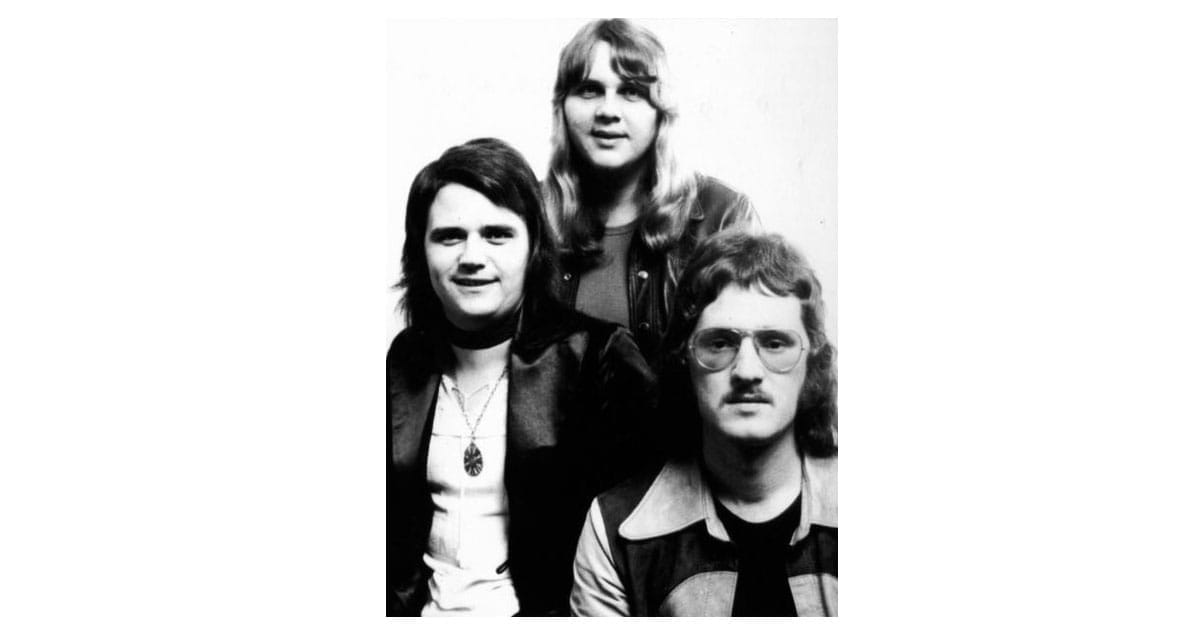Triumvirat: Germany’s Progressive Rock Power Trio
Triumvirat is a legendary progressive rock band from Cologne, Germany, formed in 1969. Often compared to Emerson, Lake & Palmer (ELP) due to their keyboard-driven sound, Triumvirat became one of Germany’s most internationally successful progressive rock bands during the 1970s. They are renowned for their complex arrangements, virtuosic performances, and conceptual storytelling.
1. Formation and Early Years
Triumvirat was founded by three talented musicians:
- Jürgen Fritz – Keyboards (piano, Hammond organ, Moog synthesizer)
- Hans Bathelt – Drums, percussion
- Werner Frangenberg – Bass
The band’s name was inspired by the Roman Triumvirate, reflecting their admiration for classical themes and historical concepts. Early on, they developed a distinctive style heavily influenced by classical music and progressive rock giants like The Nice and ELP.
2. Musical Style and Influences
Triumvirat’s music is characterized by:
- Keyboard Dominance: Jürgen Fritz’s virtuosic playing on piano, Hammond organ, and synthesizers drives their sound.
- Classical Influences: Borrowing motifs and structures from composers like Bach and Beethoven.
- Complex Arrangements: Intricate time signatures, dynamic shifts, and layered compositions.
- Conceptual Themes: Many albums tell a cohesive story or explore historical and philosophical topics.
- Progressive Rock Hallmarks: Extended compositions, instrumental virtuosity, and symphonic arrangements.
3. Key Albums and Career Milestones
1. Mediterranean Tales (Across the Waters) (1972)
Triumvirat’s debut album introduced their ambitious progressive style.
- Key Tracks: Across the Waters, E Minor 5/9 Minor/5
- Features long instrumental passages and classical-inspired melodies.
2. Illusions on a Double Dimple (1974)
The breakthrough album that solidified their reputation as one of the best progressive rock bands.
- Key Tracks: Illusions on a Double Dimple, Mister Ten Percent
- A two-part conceptual work exploring personal struggles and societal pressures.
- The album received critical acclaim for its sophisticated arrangements and production.
3. Spartacus (1975)
A concept album based on the story of Spartacus, the Roman gladiator and leader of a slave revolt. This is widely regarded as Triumvirat’s masterpiece.
- Key Tracks: The Capital of Power, The Deadly Dream of Freedom, March to the Eternal City
- Combines symphonic prog with narrative storytelling and a cinematic feel.
- One of the most iconic progressive rock albums of the 1970s.
4. Old Loves Die Hard (1976)
This album marked a shift toward a more accessible sound while retaining progressive elements.
- Key Tracks: Panic on 5th Avenue, A Day in a Life
- Features a mix of shorter tracks and extended compositions.
5. Pompeii (1977)
A concept album inspired by the ancient Roman city of Pompeii, destroyed by Mount Vesuvius in 79 AD.
- Key Tracks: The Earthquake 62 A.D., Journey of a Fallen Angel
- Includes a blend of progressive rock and pop influences.
6. Later Releases:
- A la Carte (1978) – A more pop-oriented album, which was not as well received by progressive rock fans.
- Russian Roulette (1980) – The band’s final studio album, moving further into mainstream rock.
4. Discography Overview
- Mediterranean Tales (Across the Waters) (1972)
- Illusions on a Double Dimple (1974)
- Spartacus (1975)
- Old Loves Die Hard (1976)
- Pompeii (1977)
- A la Carte (1978)
- Russian Roulette (1980)
5. Band Lineup Changes
Triumvirat went through several lineup changes over the years, with Jürgen Fritz as the constant driving force. Key members included:
- Jürgen Fritz: The heart of Triumvirat, whose keyboard mastery defined their sound.
- Helmut Köllen: Bass, guitars, and vocals (featured on Illusions on a Double Dimple and Spartacus). Tragically, Köllen died in 1977.
- Barry Palmer: Lead vocals (joined in 1976, adding a pop-rock influence).
- Dick Frangenberg: Bass player on the early albums.
6. Live Performances
Triumvirat was celebrated for their live performances, where Jürgen Fritz’s keyboard virtuosity and the band’s tight musicianship took center stage. Their concerts often featured extended instrumental sections and reimagined versions of their studio tracks.
7. Interesting Facts About Triumvirat
- “The German ELP”: Triumvirat’s keyboard-driven sound and three-member format earned them comparisons to Emerson, Lake & Palmer, though they developed their own distinct identity.
- Spartacus Legacy: The Spartacus album remains a classic, often ranked among the greatest progressive rock albums of all time.
- Tragic Loss: Helmut Köllen, the band’s bassist and vocalist during their peak years, died of carbon monoxide poisoning while listening to his own music in his car.
- Crossover Appeal: While firmly rooted in prog, Triumvirat experimented with more commercial sounds in their later albums.
- Conceptual Focus: Albums like Illusions on a Double Dimple and Spartacus showcased the band’s talent for combining music with compelling narratives.
8. Similar Artists
Fans of Triumvirat might also enjoy:
- Emerson, Lake & Palmer – For their virtuosic keyboard-led progressive rock.
- Focus – A blend of classical, jazz, and rock with instrumental flair.
- The Nice – An early prog band that heavily influenced Triumvirat.
- Rick Wakeman – Known for his classical-inspired keyboard compositions.
- Le Orme – Another keyboard-driven progressive rock band with symphonic elements.
9. Legacy
Triumvirat remains one of the most iconic progressive rock bands to emerge from Germany, and their albums continue to inspire prog fans worldwide. Spartacus and Illusions on a Double Dimple are timeless classics that showcase the band’s brilliance, blending technical skill with emotional depth and storytelling.




